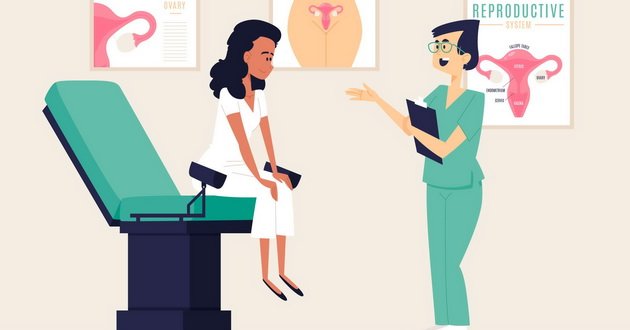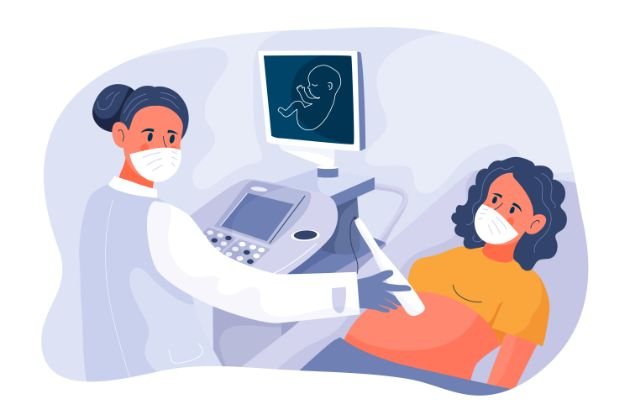Regular gynecological examinations and doing a Pap test are invaluable for the early detection of various diseases, such as cervical and ovarian cancer, when the possibility of a complete cure is very high.
Georgios Nikolaou Papanikolaou was a Greek physician, a pioneer in cytopathology and early detection of cervical cancer, and the inventor of the Pap screening test.
Papanicolaou test or better known as PAP test is a simple and non-invasive medical examination that detects changes in the cells of the cervix, detects HPV, and the results can indicate the development of cervical cancer even in its earliest stages, when the chances of cures are great.
When is a Pap test done?
Every woman should have her first Pap test after the first sexual intercourse, and after that, if she is healthy, once a year is enough to determine if there are any abnormalities of the cervix, infections or cervical cancer.
The Pap test should be done on the seventh day after the menstrual cycle, because it is considered that then the interpretation of the results will be the most adequate.

How to prepare for the Pap test?
Two to three days before going for the test, you should not use vaginal drugs, creams, foams, powders or baths, and also one to two days before the test you should not have sexual intercourse.
Results
Pap test results can be positive or negative. In case of positive results, it is necessary to confirm the results with colposcopy and biopsy.
In case of false positive or false negative results, it is initially recommended to repeat the Pap test and only then decide on further treatment if necessary.
Even if the Pap test shows abnormalities, there is no reason to panic because it does not necessarily mean that you have cervical cancer. Some of the abnormal cells may develop into cancer over time, but if you start using the appropriate therapy in consultation with a doctor, this is unlikely to happen.

Should women who are menopausal or have had a hysterectomy get Pap smears?
Regular Pap smears are also recommended for menopausal women. Even after a hysterectomy (removal of the uterus), it is necessary to perform at least 3 subsequent tests with appropriate findings so that the doctor can confirm with certainty that further testing is not necessary (if the patient has not had surgery for cervical cancer).
Should pregnant women take this test?
Pregnancy is a condition when a Pap test can be done, of course until the cervix is still clearly visible.

When should a pregnant woman have a Pap test?
- at the first gynecological examination, if she has never done one before;
- during bleeding that can occur at any stage of pregnancy;
- during a previous abnormal cytological smear ( ASCUS , CIN I , CIN II );
- in the presence of HPV changes in the smear.